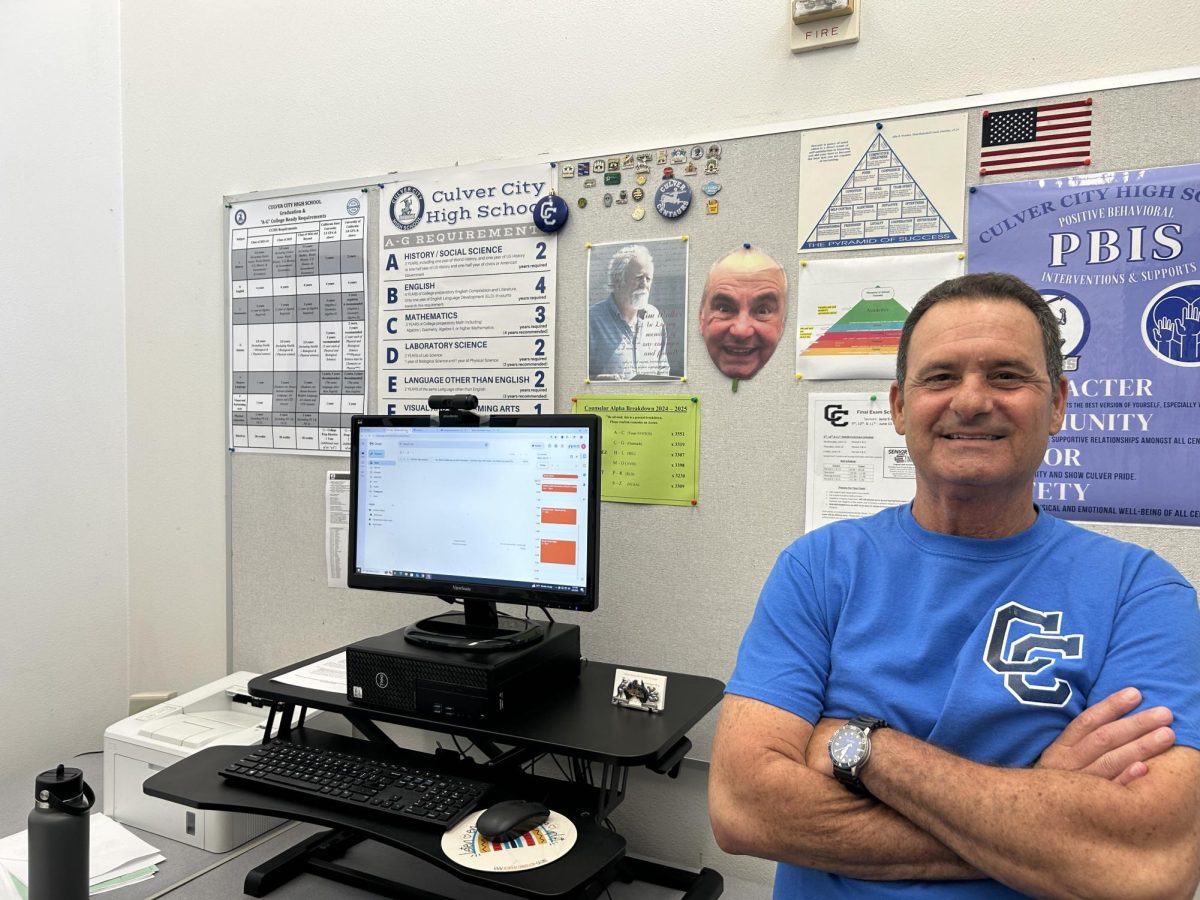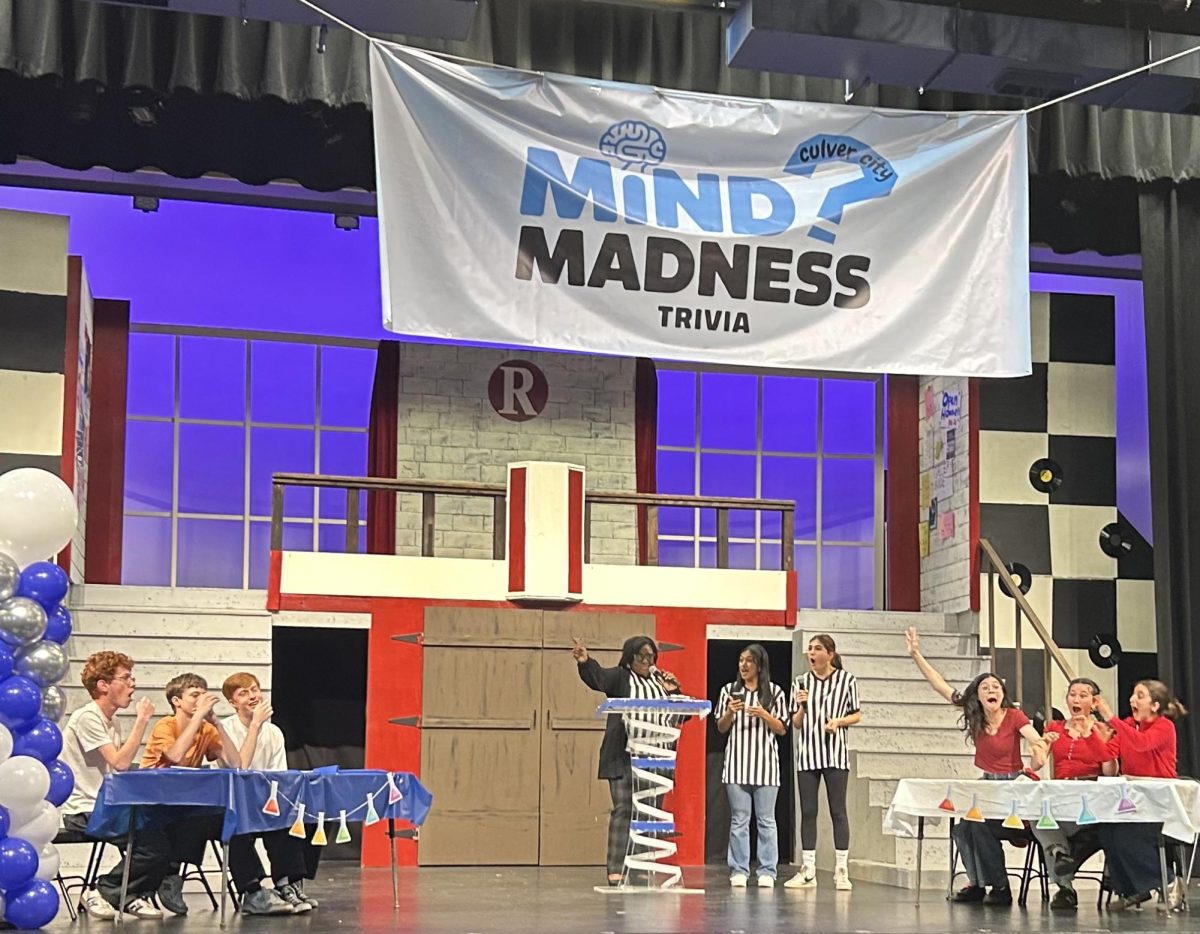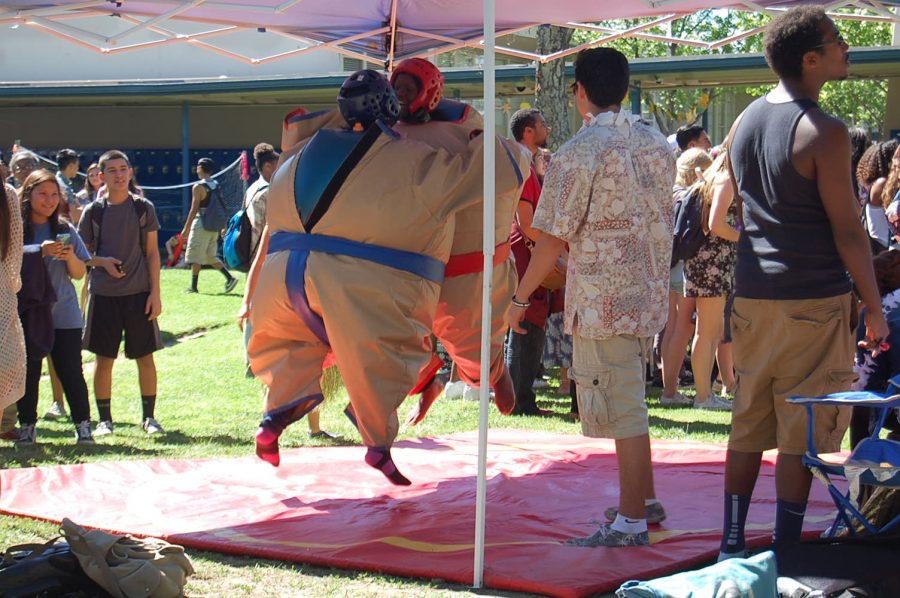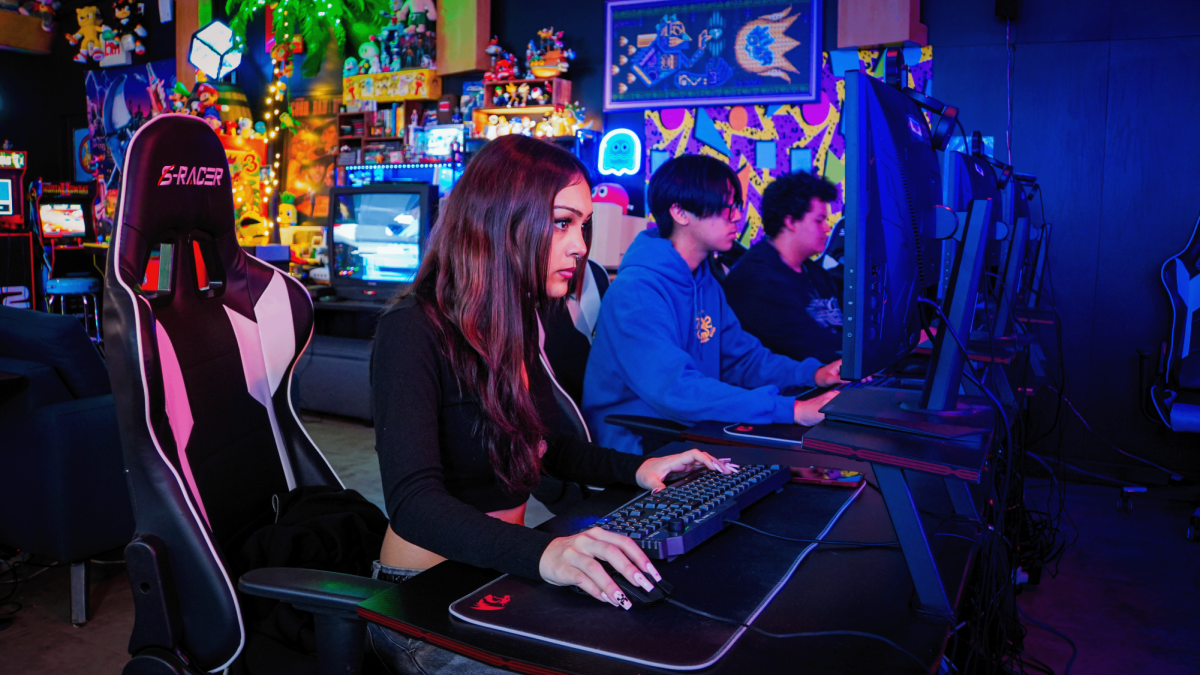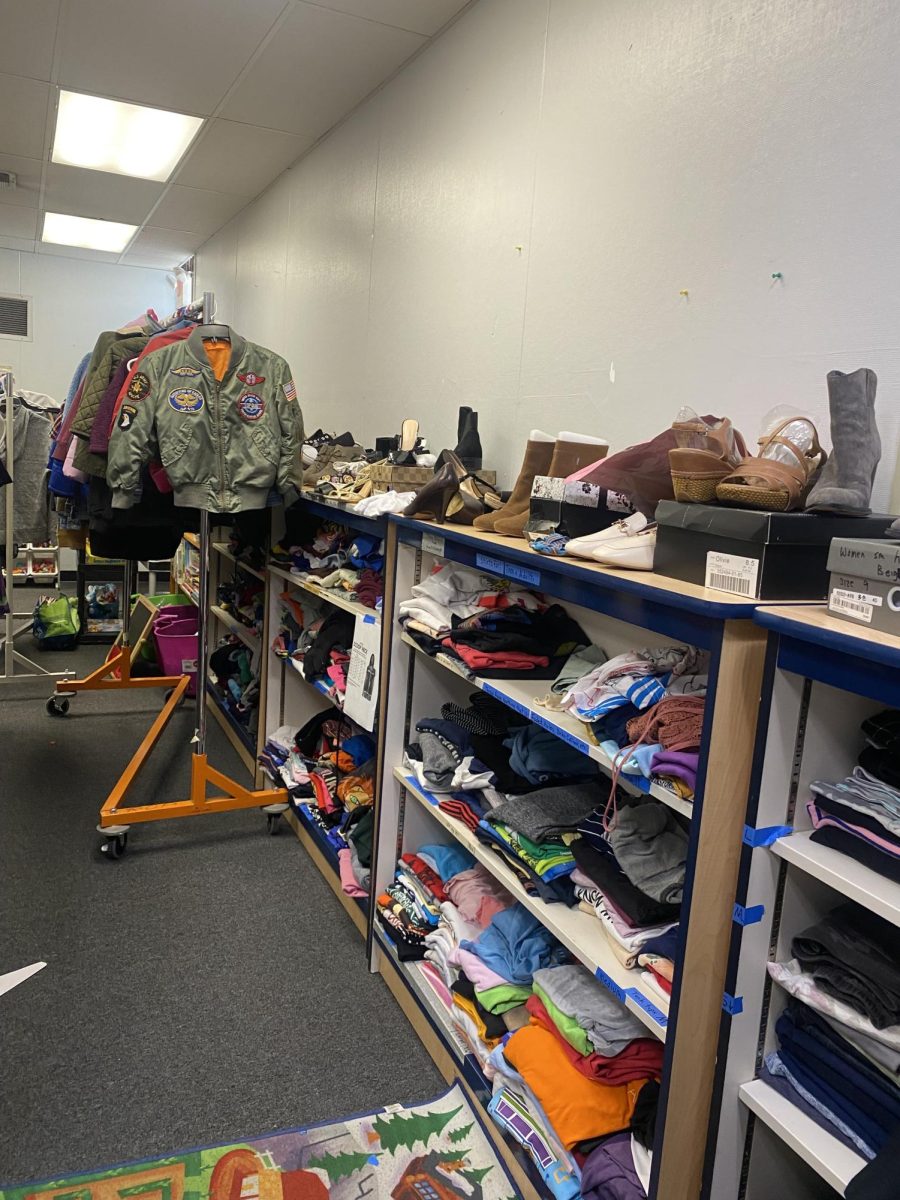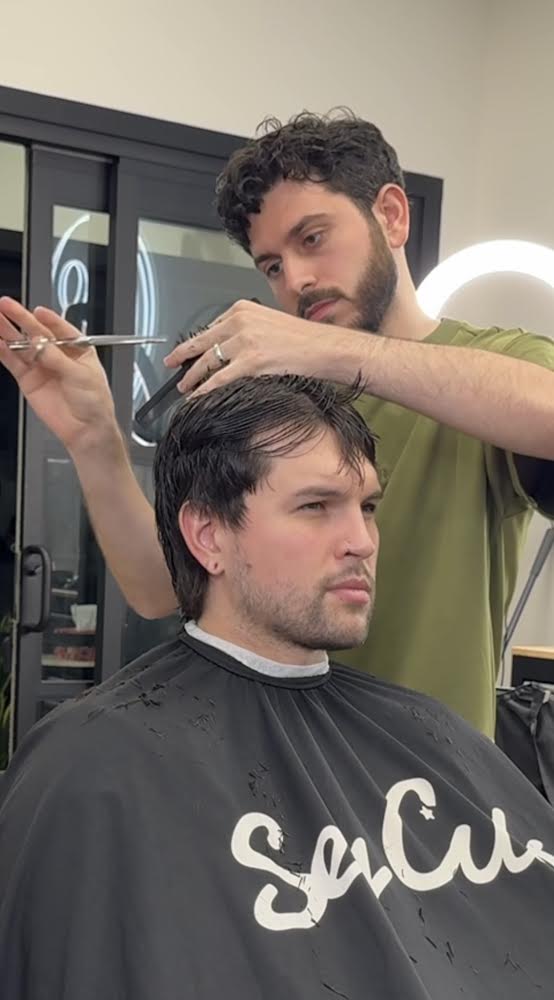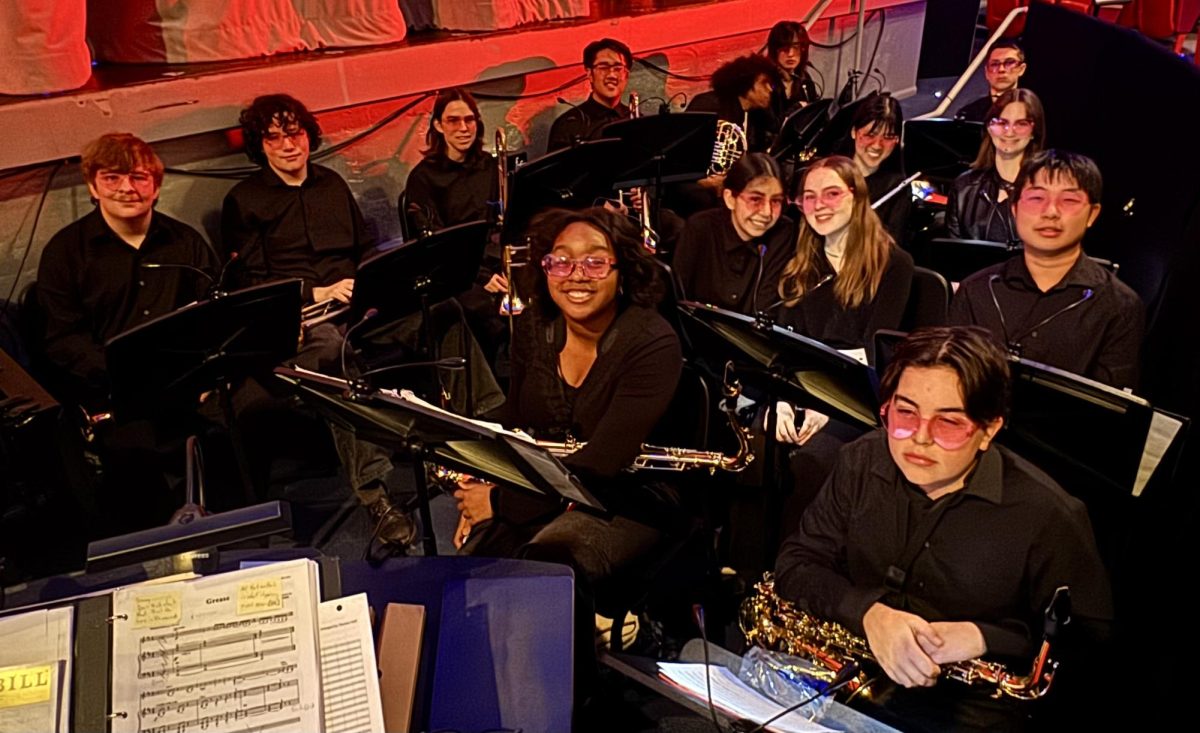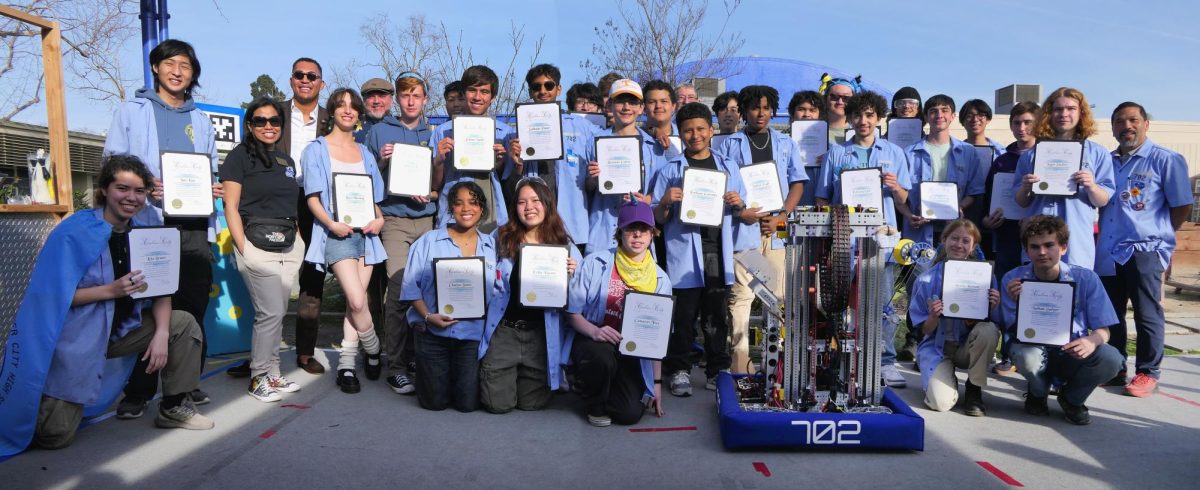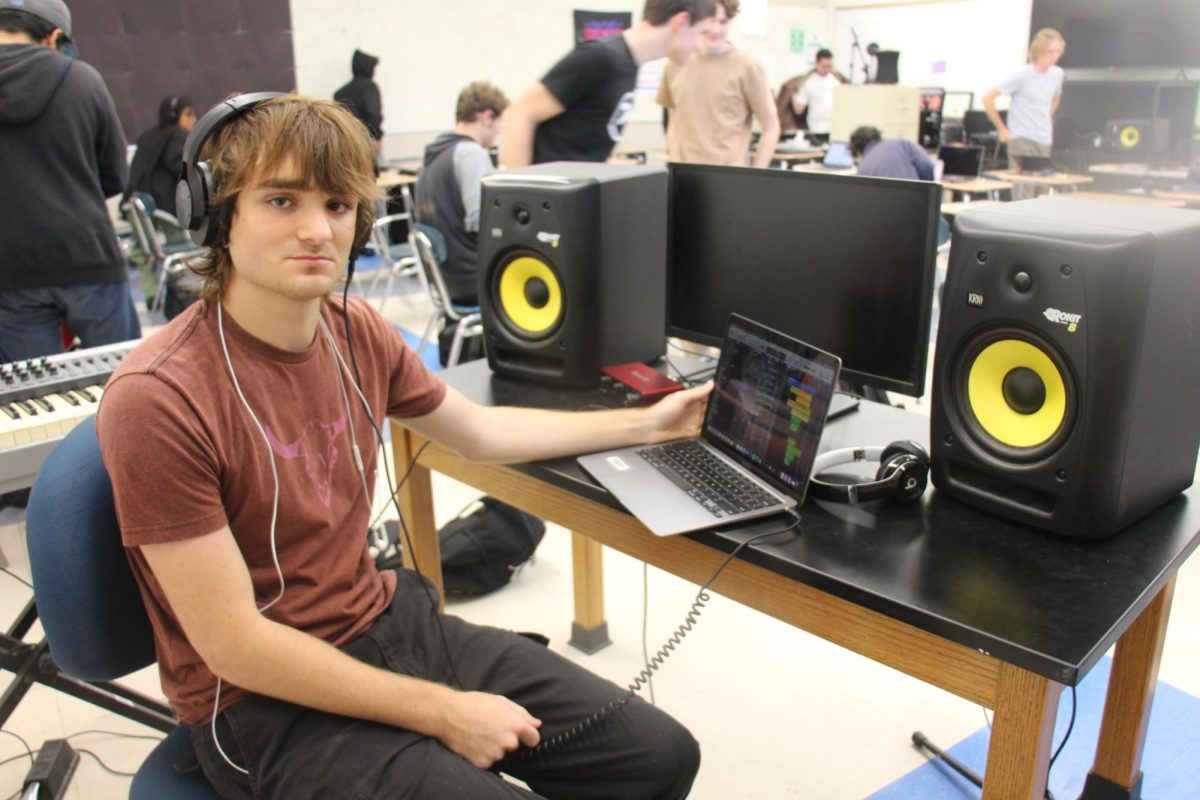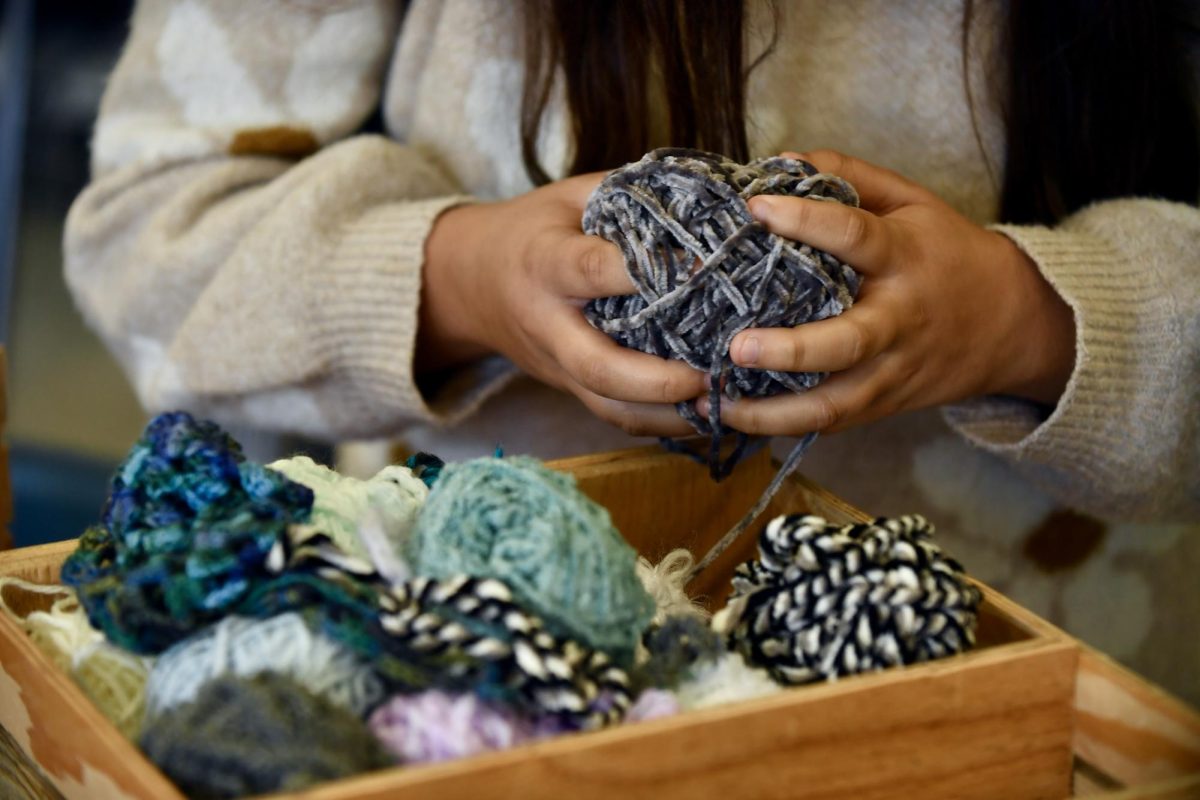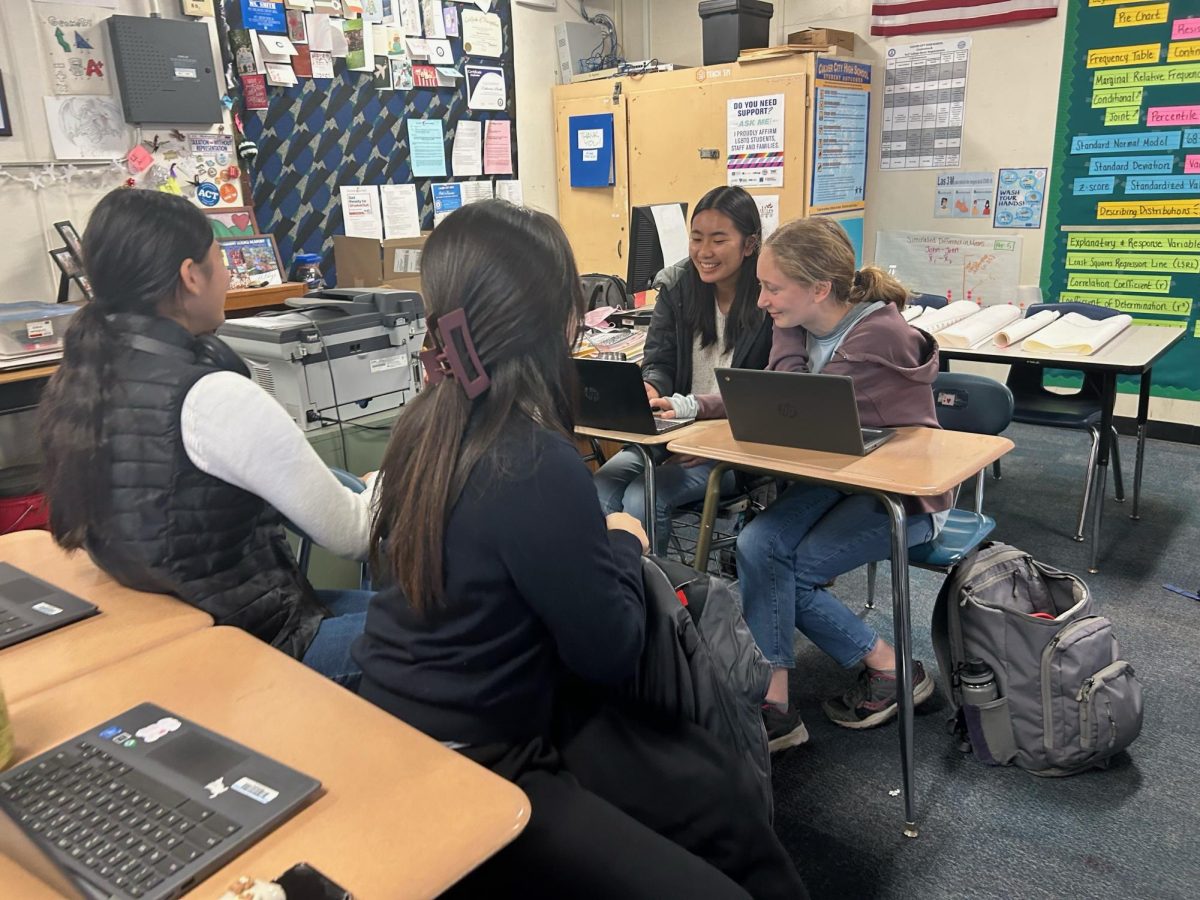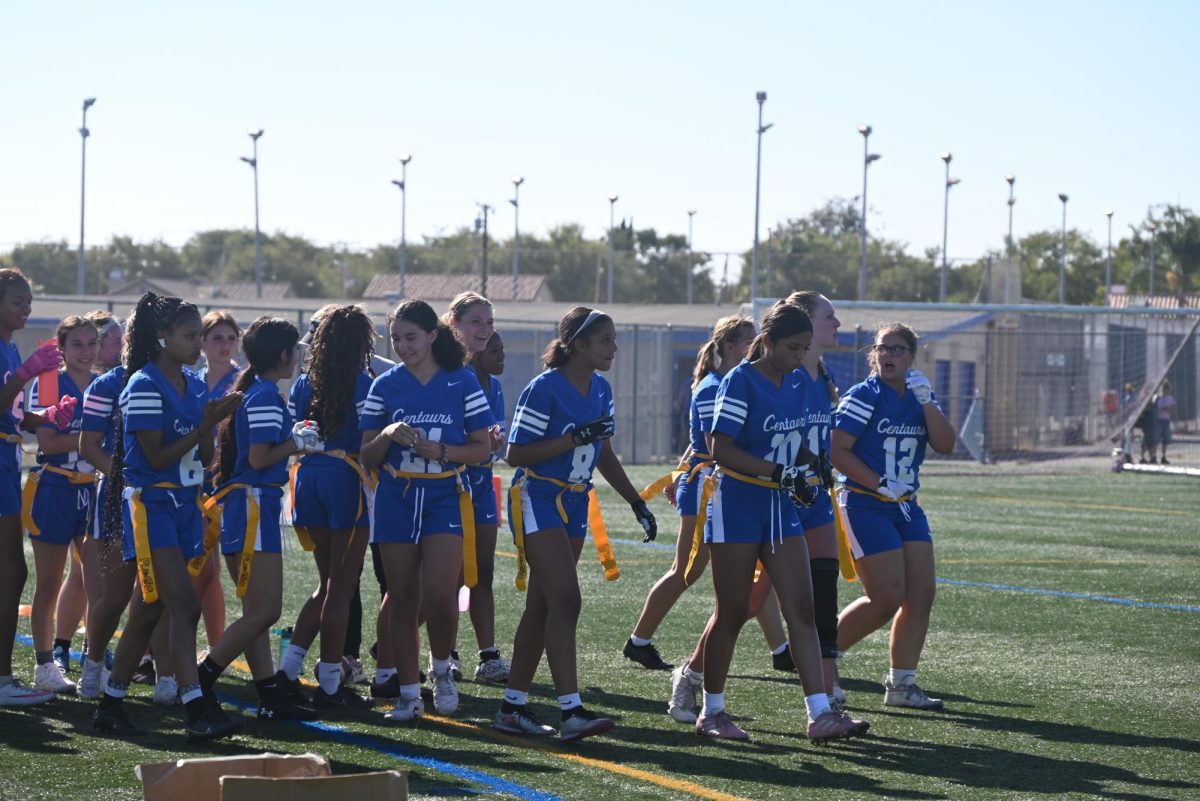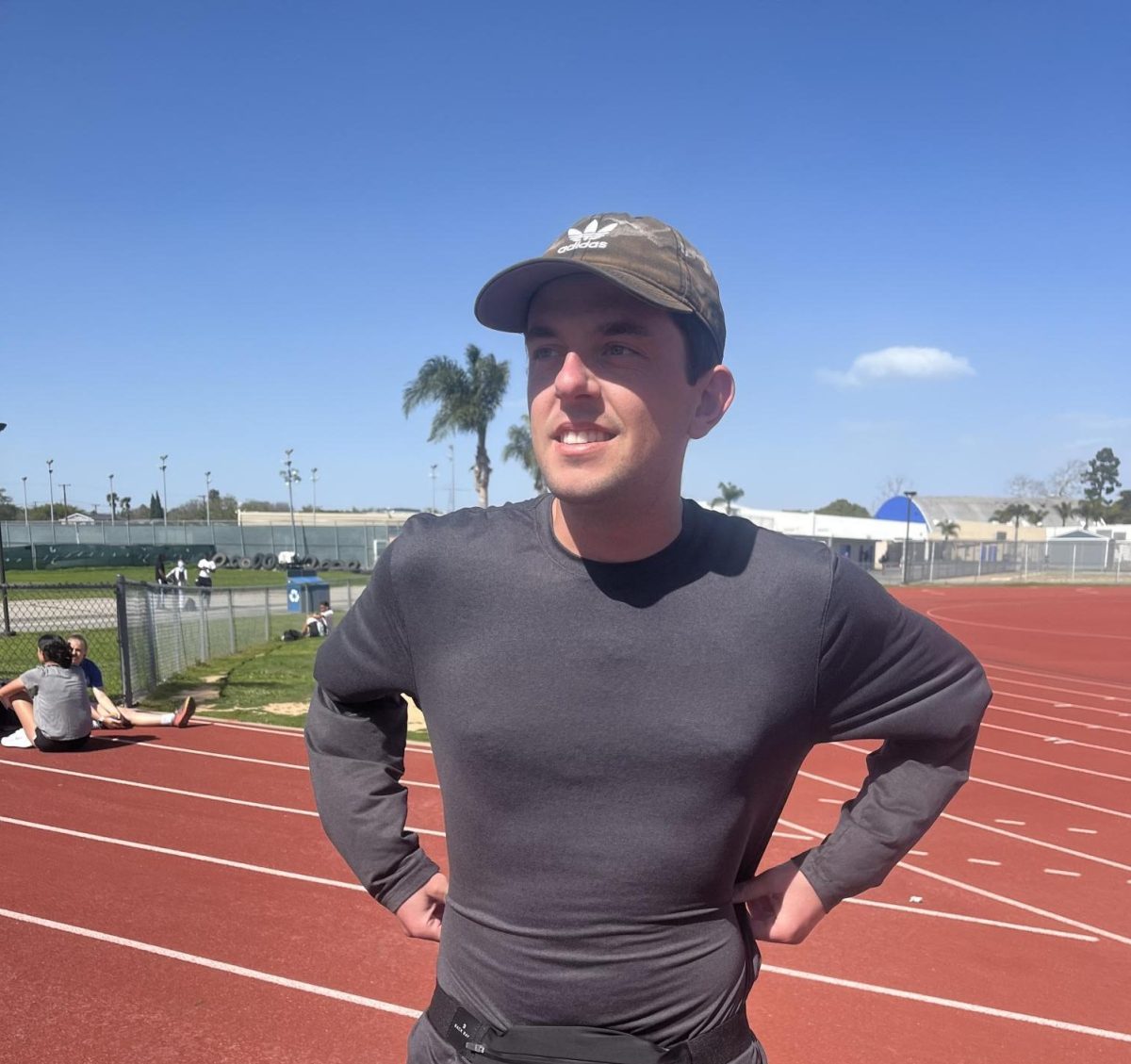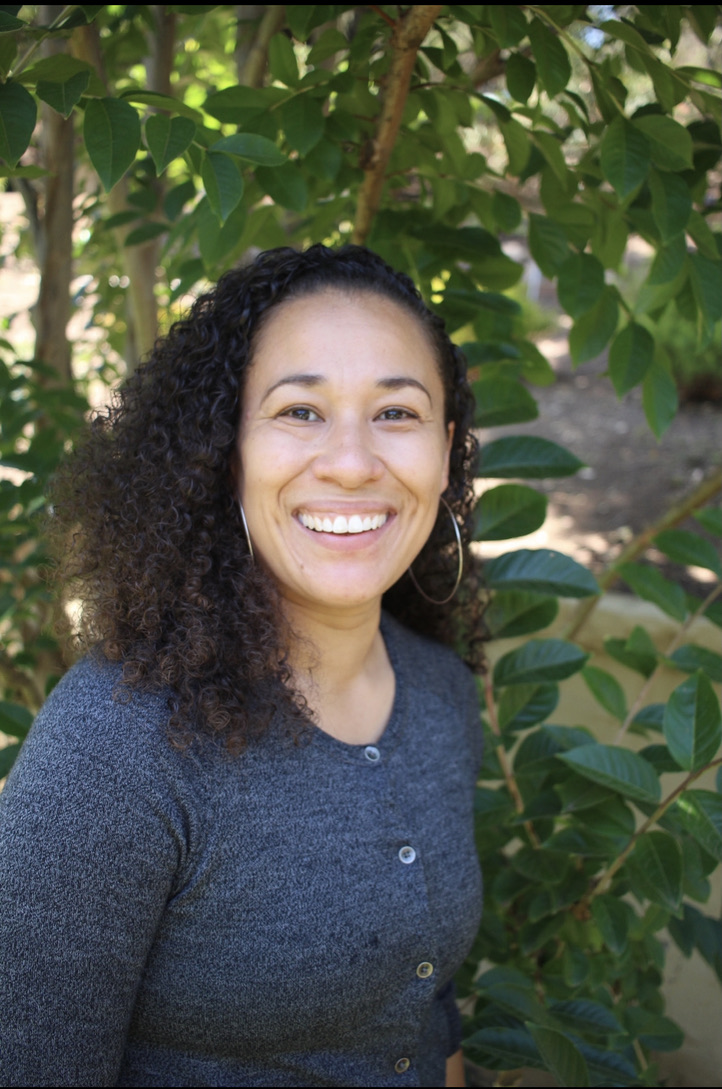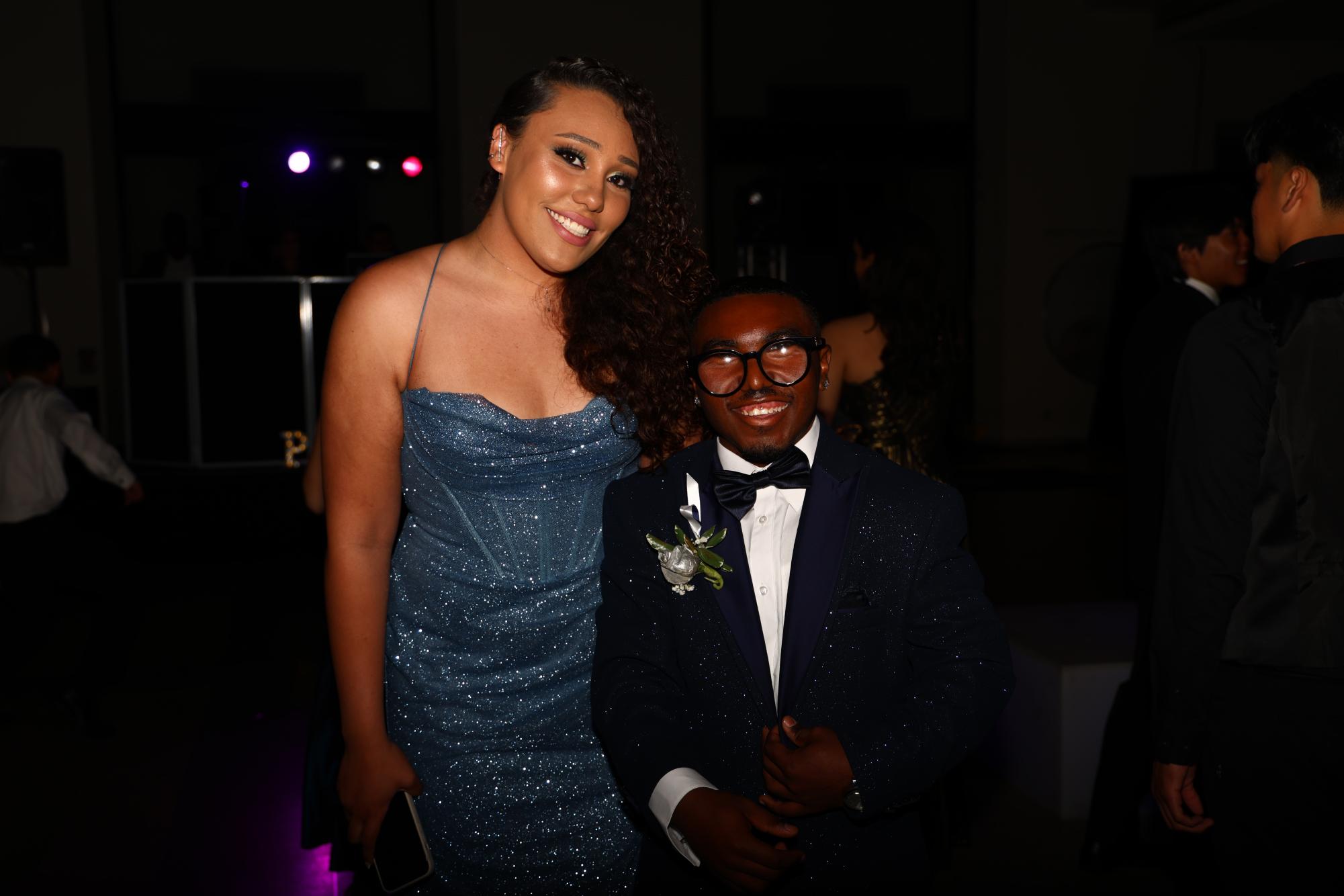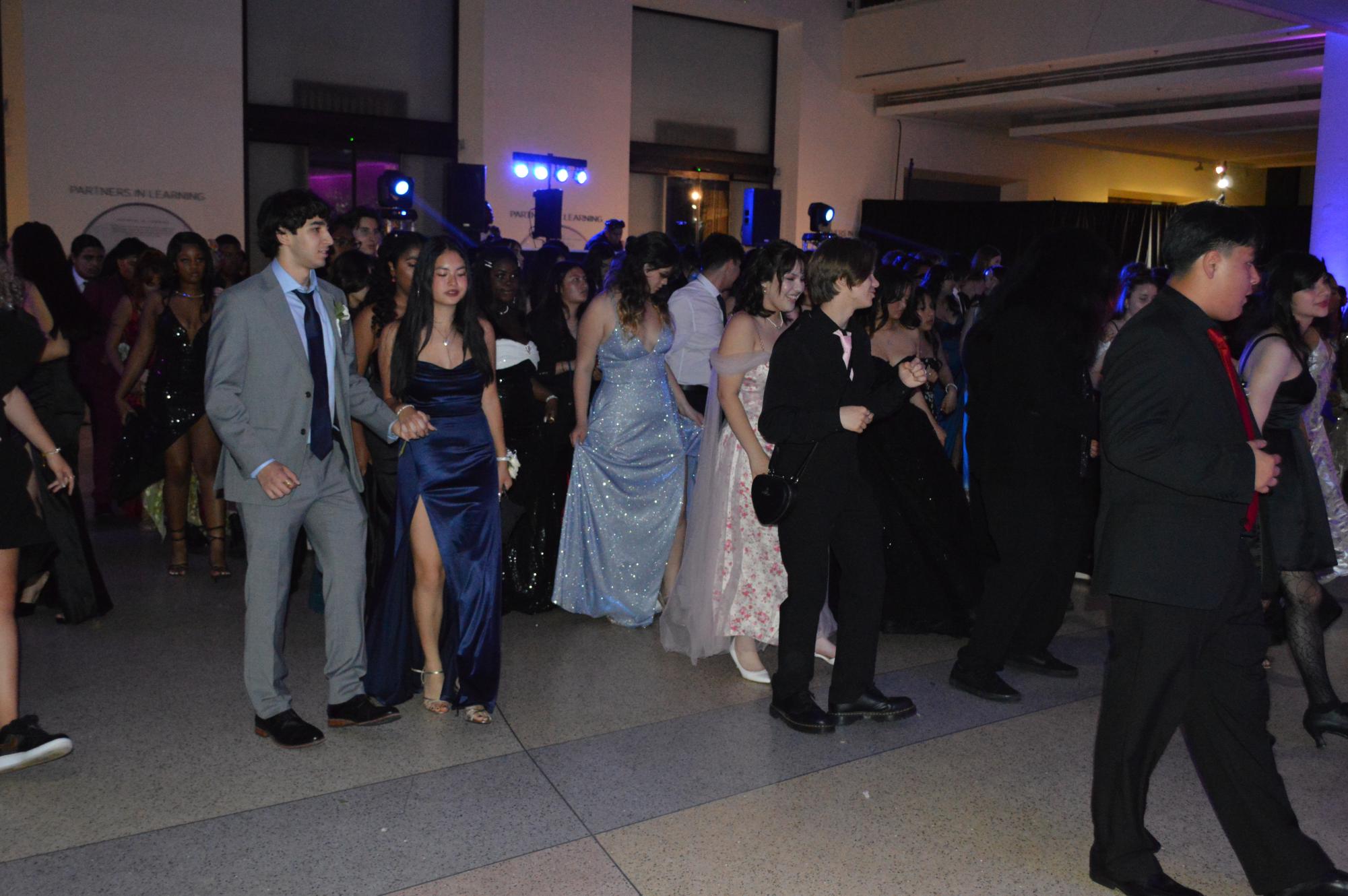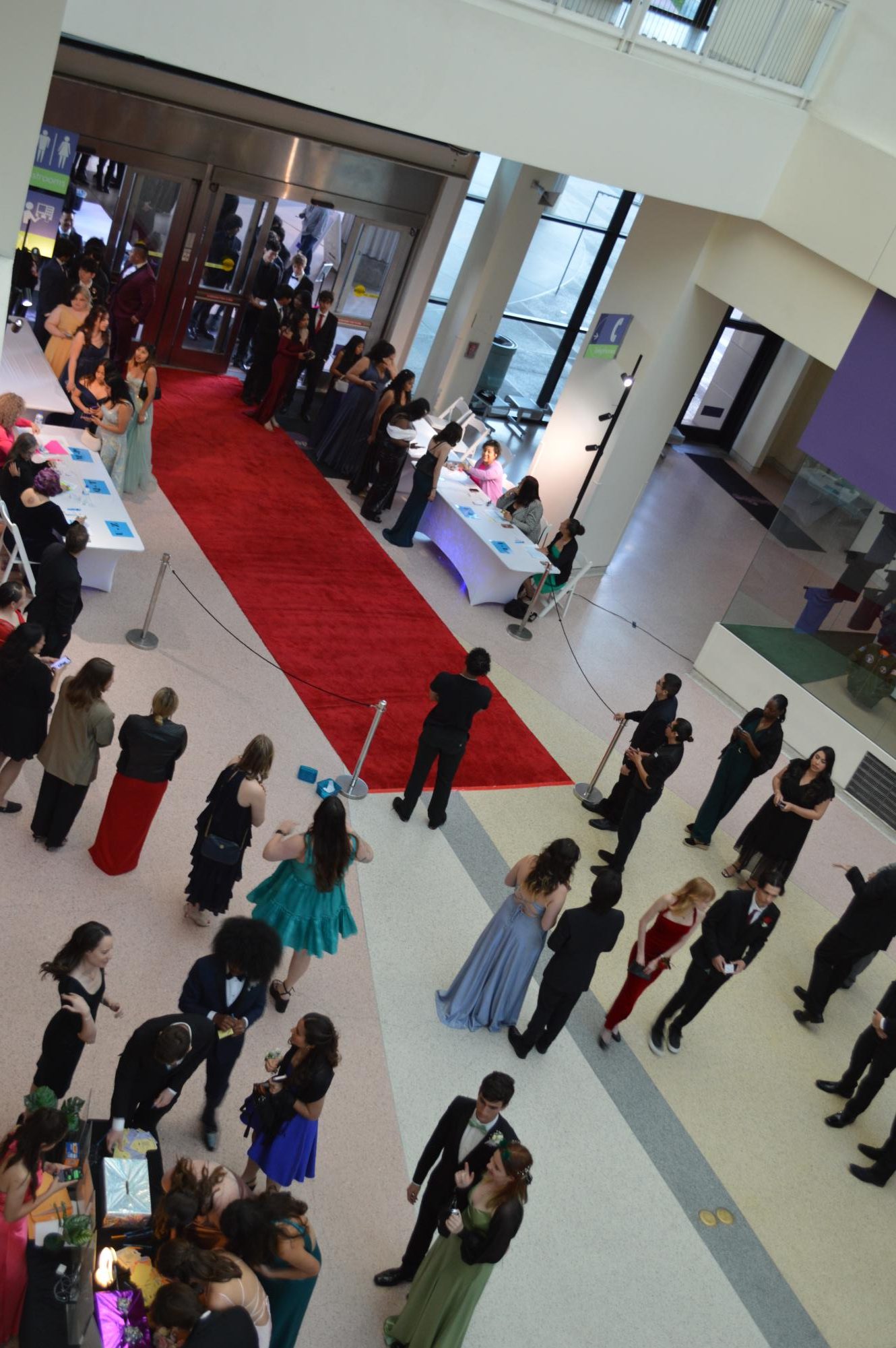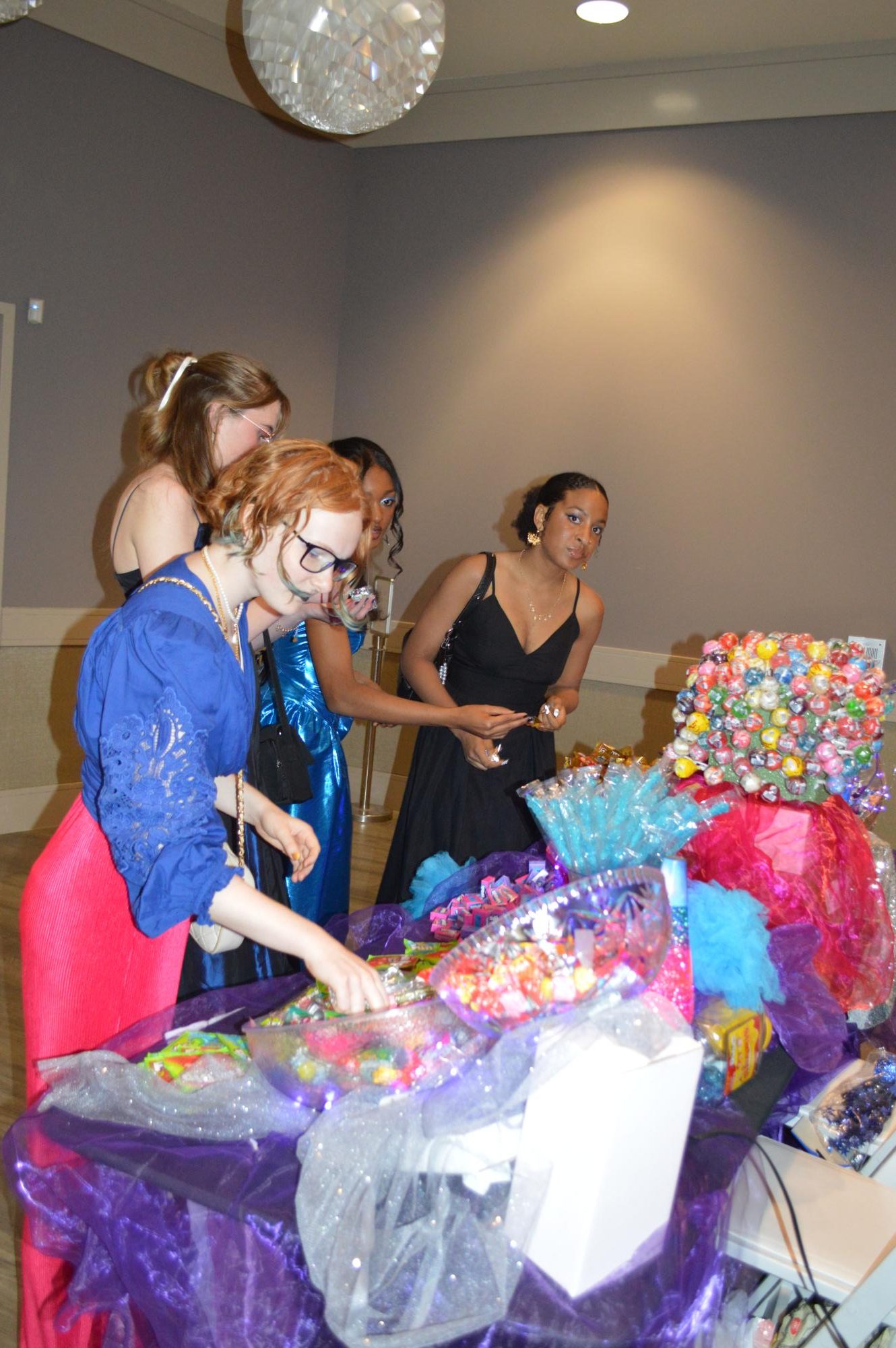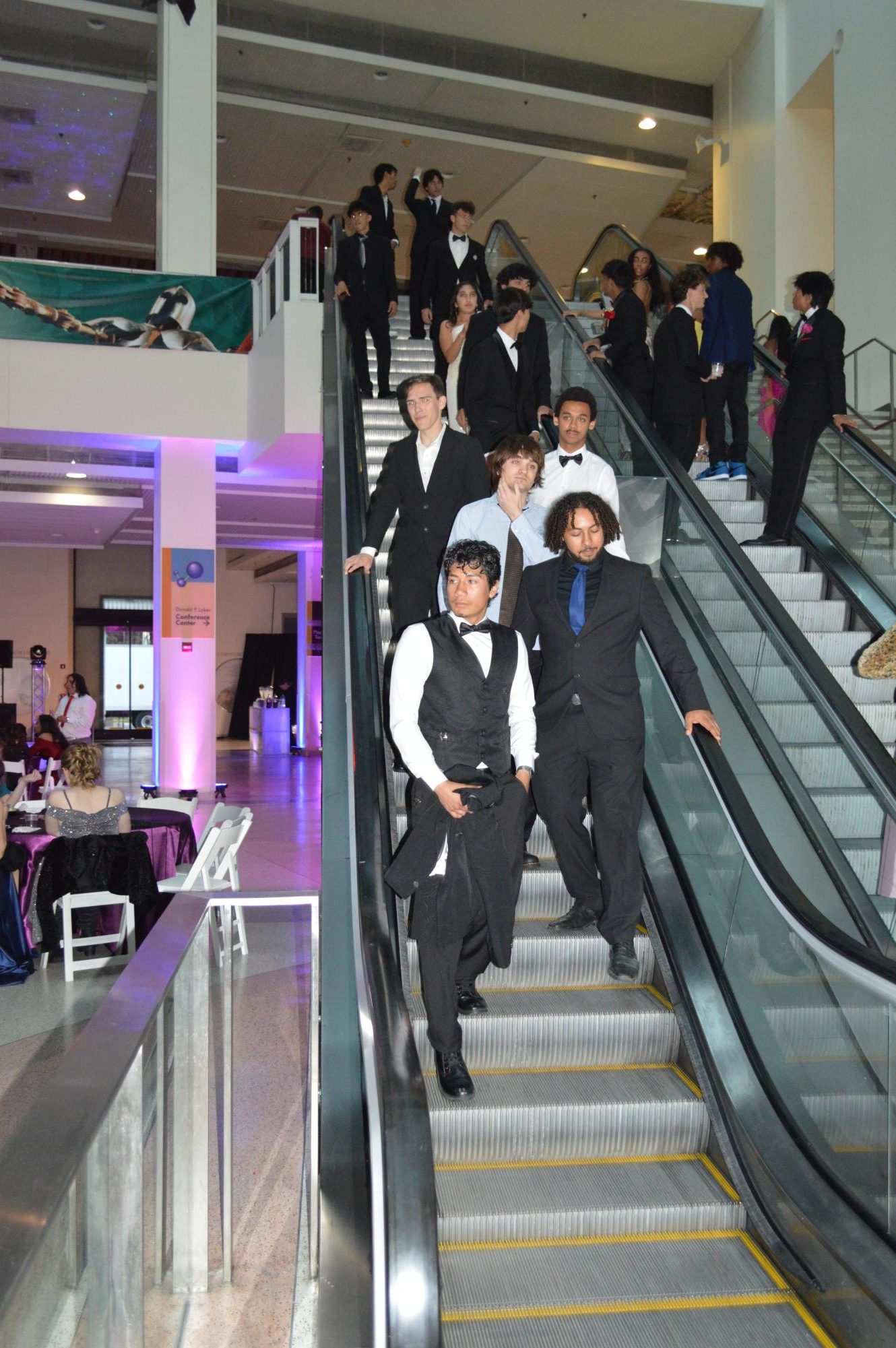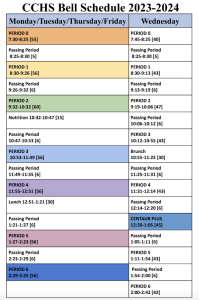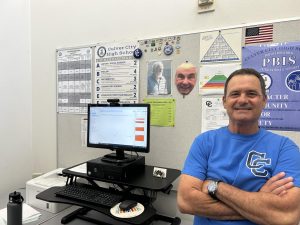Are Students Actually Learning During the Pandemic?

March 12, 2021
Since Friday March 13, 2020, our lives and learing have been confined to the “safety” of our households. Although we might be keeping ourselves physically safe, our mental health and similarly, academic standards, have eroded.
In a recent poll on the @cchscentaurian instagram account, 92% of students felt that they have not learned enough to feel academically prepared or confident in their following years of high school or as college freshmen.
Students that were once earning As and Bs have been struggling to maintain a C average.
“I have no motivation to go on Zoom, to pay attention in class, I’m not engaged. It’s like a whole surreal experience because my entire life only exists within a quarter inch thick screen,” said a senior student who wishes to remain anonymous.
A year of social isolation and adjustment to a curriculum not designed for remote learing has made learning and managing extracurriculars and college applications particularly stressful. Often, students have trouble accessing or finding links to office hours for specific teachers, admin, or college and career advisors, finding themselves struggling and overwhelmed. As a senior who navigated the college application process this year, the uncertainty and lack of resources for myself and other students only added to the anxiety and stress of a global pandemic. With the SAT requirement being waived, devising a strategy for applications was significantly harder because of the little information and data for the new admissions process provided by colleges. Likewise, determining safety, target, and reach schools was reduced to a ballpark guess. However, there is hope for upcoming students – as the college application process comes to an end in the next several weeks with decisions rolling out, seniors and college blogs have been able to collect data and give advice for new applicants on what they perceived to work for them.
All in all, quarantine is difficult, and dealing with dissociation and unknowns – academically, socially, and societally – is difficult for all of us. Sometimes just making a few adjustments to your 12-month monotonous routine can mean all the difference. Countless studies have shown that going on walks, a bike ride, or working out in a back yard can increase seratonin and help to correct shifted sleep schedules (I should probably do that so I don’t only fall asleep at 3am anymore…).
Just remember that things are getting better and that there is hope. With the senior pods at CCHS and some LA Unified schools making plans for reopening via a hybrid schedule, we are on track to be back on campus in the fall. Hopefully adjustment to previous norms won’t be as challenging as it had been last March.
